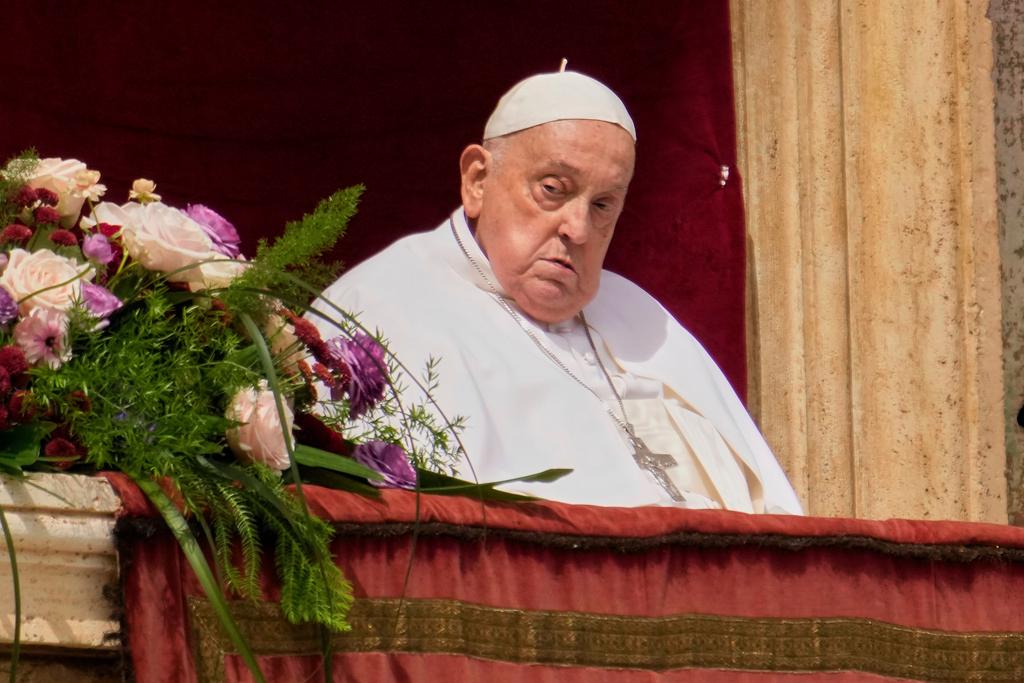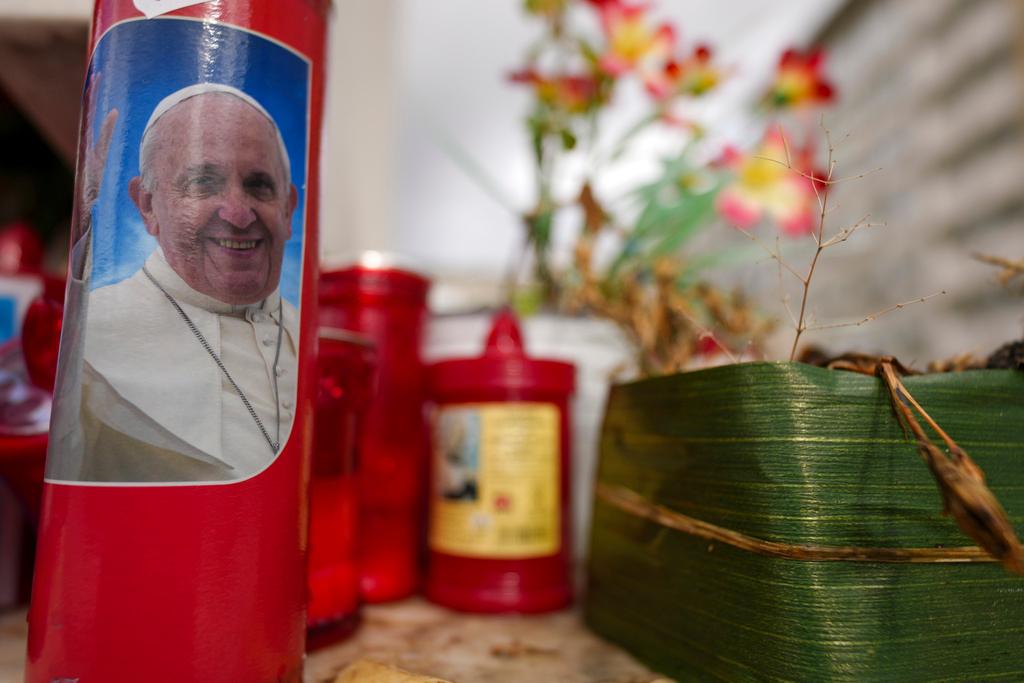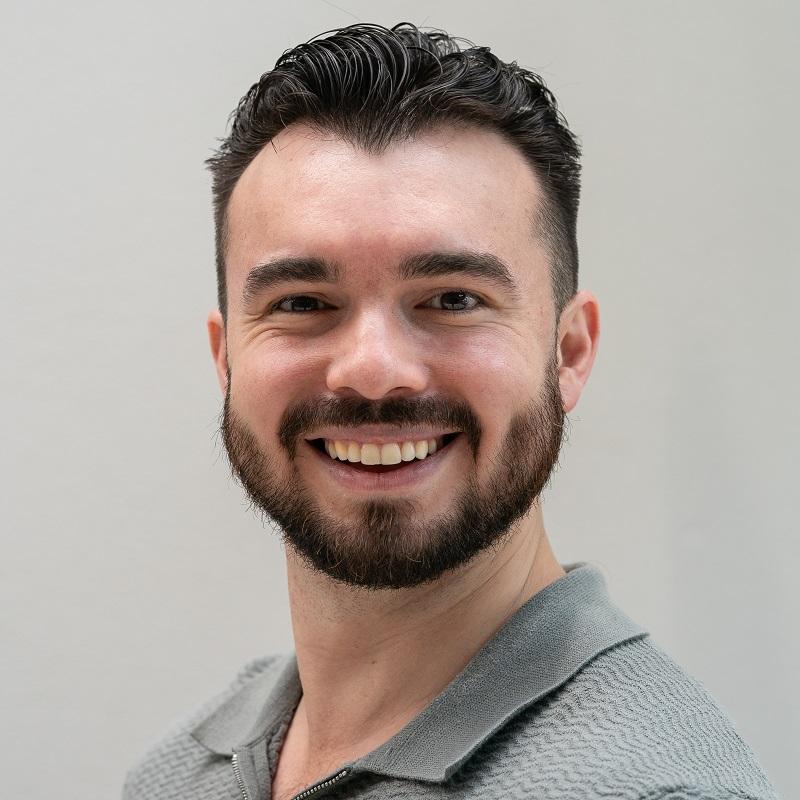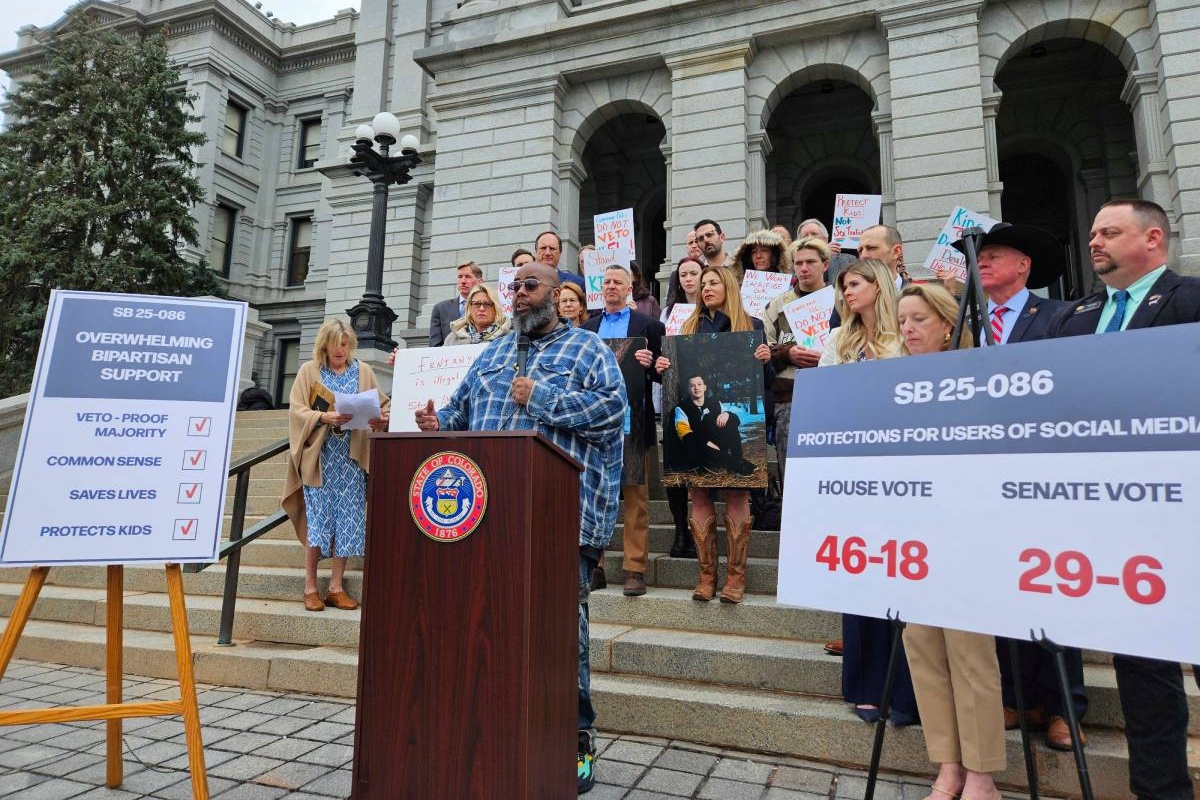
Updated at 10:21 a.m. on Monday, April 21, 2025.
Pope Francis, history’s first Latin American pontiff who charmed the world with his humble style and concern for the poor but alienated conservatives with critiques of capitalism and climate change, died Monday. He was 88.
Bells tolled in churches from his native Argentina to the Philippines and across Rome as news spread around the world after the announcement, which was read by Cardinal Kevin Farrell from the chapel of the Domus Santa Marta, where Francis lived.
"At 7:35 this morning, the Bishop of Rome, Francis, returned to the home of the Father. His entire life was dedicated to the service of the Lord and of his Church," said Farrell, the Vatican camerlengo, who takes charge after a pontiff’s death.
Francis, who suffered from chronic lung disease and had part of one lung removed as a young man, was admitted to Gemelli hospital on Feb. 14, 2025, for a respiratory crisis that developed into double pneumonia. He spent 38 days there, the longest hospitalization of his 12-year papacy.
He made his last public appearance on Easter Sunday — a day before his death — to bless thousands of people in St. Peter’s Square, drawing wild cheers and applause. Beforehand, he met briefly with U.S. Vice President JD Vance.
Francis performed the blessing from the same loggia where he was introduced to the world on March 13, 2013 as the 266th pope.
As news of Pope Francis’ passing reverberates across the world, Colorado Catholics are mourning the loss of a leader they describe as compassionate, progressive, and deeply devoted to social justice. From the pews of local parishes to the quiet halls of monasteries, many are reflecting on his legacy and what his absence means for the future of the Catholic Church.
A Pope who understood humanity
For Ruth Roland, director of Mission Advancement at Bennett Hill Monastery in Colorado Springs, Pope Francis was a leader who grasped the interconnectedness of global issues.
“He understood that climate change, poverty, migration, racism—it’s all connected,” Roland said. “He called us to a deeper understanding of why people are fleeing, what racism does to our humanity, and our ability to share that humanity.”
Roland, like many Catholics, admired Pope Francis’ commitment to the reforms of the Second Vatican Council. She noted that while his predecessors, Pope John Paul II and Pope Benedict XVI, had been more hesitant to embrace Vatican II’s vision fully, Francis was different.
“In this community, we are very progressive in liturgy and our acceptance of others,” she said. “I think the Church might have been heading back in a more exclusive direction, but Pope Francis helped keep the doors open.”
Leading with compassion
Pope Francis, born Jorge Mario Bergoglio in Buenos Aires, Argentina, was elected as the 266th pope of the Catholic Church in 2013, becoming the first pope from the Americas and the first Jesuit to hold the position. He quickly became known for his humility, social justice, and care for the poor. Throughout his papacy, he championed environmental stewardship, advocated for migrants and refugees, and sought to make the Church more welcoming to marginalized communities.
His later years were marked by health struggles. In February 2025, the Vatican announced that Pope Francis had been hospitalized with double pneumonia and early-stage kidney insufficiency. According to the Associated Press, doctors warned that his condition was “complex” but that he remained alert and responsive in his final days. As his health declined, the Vatican called for nightly prayer vigils in St. Peter’s Square.
A progressive yet traditional leader
Sister Evangeline Salazar, a retired nun in Colorado Springs, described Francis as one of the best popes of her lifetime.
“I loved that he was progressive,” Salazar said. “He believed in making the Church more inclusive, and he wasn’t afraid to challenge world leaders on issues like immigration and climate change.”
Salazar, who has spent years studying the evolution of the Church, pointed to Francis’ influence in shifting liturgical practices and granting religious communities more freedom to speak openly.
“The music changed, the way we faced the people during Mass changed, and girls were allowed to be altar servers,” she said. “He wasn’t afraid to push for progress.”
A champion for the earth and the poor
Sister Mary Jane Vigil, another member of Bennett Hill Monastery, said she will remember Francis for his unwavering advocacy for the poor.
“He came from Argentina, a country where so many suffered, and I think that shaped how he led,” Vigil said. “He constantly reminded world leaders of their responsibility to care for their people.”
She also recalled his humor, a trait that made him more relatable to many Catholics.
“He had this way of making himself more human,” Vigil said. “Some popes seem distant, but Francis? He’d crack a joke and suddenly, he felt like one of us.”
A Pope rooted in Jesuit values
Regis University President Salvador Aceves met Pope Francis in the summer of 2024 as part of the Rome Seminar of the Association of Catholic Colleges and Universities. He remembers a powerful moment when the pope invited him and other educators to pray.
“He paused and he looked around and he said, ‘Let us engage in prayer.’” Aceves recalled. “And we all held hands and we prayed the Lord’s Prayer. That was such a beautiful, tender moment. And it’s one that I will never forget.”
Aceves said Francis’ Jesuit formation strongly shaped his leadership and vision for the Church.
“His vision of the Catholic Church really is one that I believe engages the most pressing needs in our society,” he said. He pointed to the Jesuit "Universal Apostolic Preferences," a framework introduced in 2019 to guide Jesuit institutions, which emphasizes deepening spiritual life, defending the dignity of the poor, accompanying young people, and caring for the environment.
“Pope Francis tried to make the Church so accessible in a very pastoral way,” Aceves said. “That pathway to God really starts to ground us in the work that we do as a university, but also as members of the Catholic Church.”
A Pope of accompaniment
Father Tom Curran, a Jesuit priest and scholar, also reflected on Pope Francis’ approach to leadership as the first Jesuit pope.
“At the very core of his approach is something known as the Spiritual Exercises of St. Ignatius Loyola,” Curran explained. “The exercises provide a particular lens through which Francis sees things and approaches things, and at the very core of that is this notion of being in a place of freedom where ultimately, he says the only thing that is necessary is God's love and God's grace.”
Curran said Francis' leadership was often misunderstood, particularly by those who felt he was changing Church doctrine or was too progressive.
“People say, ‘Oh, he’s throwing out the rules.’ No, he’s not,” Curran said. “He’s starting from a place of accompaniment.” He explained that, rather than beginning discussions from a standpoint of Church law, Francis focused first on walking with people, hearing their experiences, and meeting them where they were.
“That’s consistent with the way Jesus led—he started with accompaniment,” Curran said. “When people asked Jesus about laws, he didn’t begin with the rules. He began with walking alongside them.”

Archbishop Aquila’s call to prayer
Before the pope’s passing, Denver Archbishop Samuel J. Aquila had urged the faithful to pray for Francis as his health declined.
“Let us continue to pray for #PopeFrancis as his health situation has worsened,” Aquila posted on X (formerly Twitter) on Feb. 22. “May the Lord be with him at this time, providing him comfort and strength!”
In recent years, Aquila had joined Francis in advocating for Catholic social teachings, including immigration reform and protecting the dignity of human life.
A future uncertain
As the Catholic Church prepares to elect a new pope, many in Colorado wonder what direction the next leader will take.
“I’m very concerned about who might succeed him,” Roland said. “There are some Catholic bishops in the U.S. who worked against him, and I fear their influence.”
Still, others remain hopeful that Francis’ legacy of compassion and inclusion will continue.
“His love for the poor, the hungry, and the oppressed—that’s what I’ll remember,” Salazar said. “He wasn’t afraid to tell world leaders, ‘You have to do something for the people.’”
Special prayers and other acknowledgements will be held at the Cathedral Basilica of the Immaculate Conception in Denver today. They include: mourning bells at 11 a.m.; special prayers at 11 a.m.; rosary at 11:30 a.m.; mass at 12:10 p.m.
Editor's note: This story has been updated with information on services for the pope at the Cathedral Basilica.









